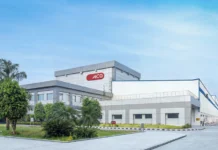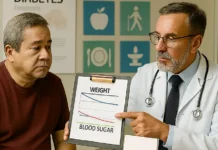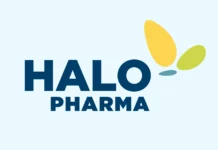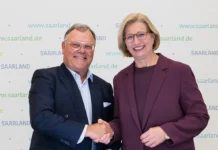The biopharmaceutical sector of South Korea has seen a growth in innovators and drug licensing agreements by way of reaching a total deal value of almost $8 billion in 2025 year-to-date. It has emerged as a biopharma innovation hub with 113% growth from 2024, as per the Pharmaceutical Intelligence Centre deals database of global data. This kind of recovery happens to be driven by billion-dollar Agreements inked with large pharma companies like GSK and Eli Lilly and also follows a dip to around $3.6 billion in 2024 because of broader macro-economic barriers.
The robust momentum happens to reflect the resilience of the sector and also growing worldwide appeal. Much of this happens to be supported due to the proactive South Korean government initiatives. In January 2025, the National Bio Committee, which happens to be an advisory board guiding the biotech and life sciences industry of South Korea, was launched in order to make the country’s global competitiveness when it comes to novel drug and advanced biopharmaceutical technology development more robust. This kind of move happens to build on the ongoing reforms since the government looks forward to reducing the drug development timelines, which are at present 13.7 years, to 6 years and also decreasing the costs from Won 2tn to Won 1tn.
It is well to be noted that international biopharmaceutical companies in-licensed a prominent share of South Korean drugs with a total licensing agreement deal value amounting to almost $30 billion in the last five years since the Western companies went on to retain the largest proportion, which was around $23 billion, or 79%. This goes on to emphasize South Korea’s strategic position as a gateway to certain other Asian markets and also a source of innovative drugs. Although the out-licensing of South Korean drugs to worldwide companies has seen a growth of 180%, which is around $5 billion, from 2024 to 2025 year-to-date, the domestic licensing has dipped 100%, which is $879 million, in the same period, thereby reflecting a transition towards cross-border collaboration.
It is worth noting that major transactions in 2024 emphasize the global demand when it comes to Korean biopharma innovation. Valued at almost $2.78 billion, GSK partnered with ABL bio in order to license its Grabody-B platform, which happens to target neurodegenerative diseases with programs throughout antibodies, oligonucleotides, and polynucleotides.
In a similar way, Eli Lilly went on to license the trans-splicing ribozyme platform – Rznomics so as to treat hearing loss with a $1.3 billion agreement. All these transactions go on to underscore the growing influence of South Korea in drug delivery as well as advanced therapeutics on a worldwide scale.
Interestingly, South Korea is also gaining attention as a hub in terms of antibody drug conjugates—ADCs. Between 2021 and 2024, the licensing of ADCs from South Korean biotech saw a growth of 39%, thereby reaching $1.4 billion. All the ADCs happened to be licensed from international companies.
LigaChem Biosciences, which was formerly called LegoChem Bioscience and known for its focus on ADCs, went on to secure partnerships with companies like Amgen, Jenssen, and Ono Pharmaceutical, thereby reflecting the country’s role when it comes to next-generation oncology treatments.
Once known primarily for generic drug production, there is no shred of doubt that South Korea is actually transitioning into a worldwide hub in terms of novel, innovative drug discovery as well as advanced drug technologies. Backed by the government support, South Korea is attracting increased international investment and also forming high-value collaborations, as is seen in the recent deals, and by being a biopharma innovation hub with 113% growth, thereby solidifying its position as a strategic bridge between Asian and Western markets.




















